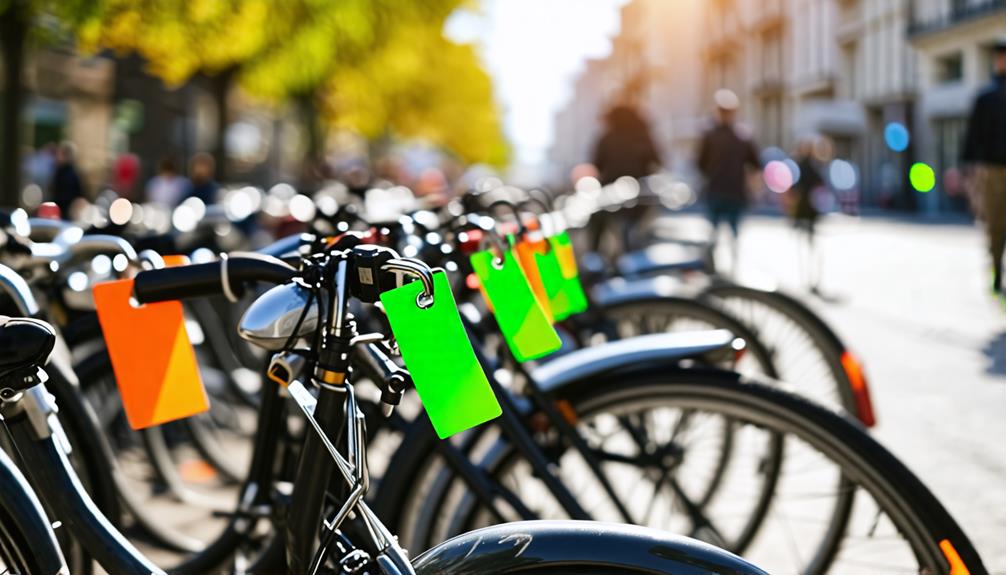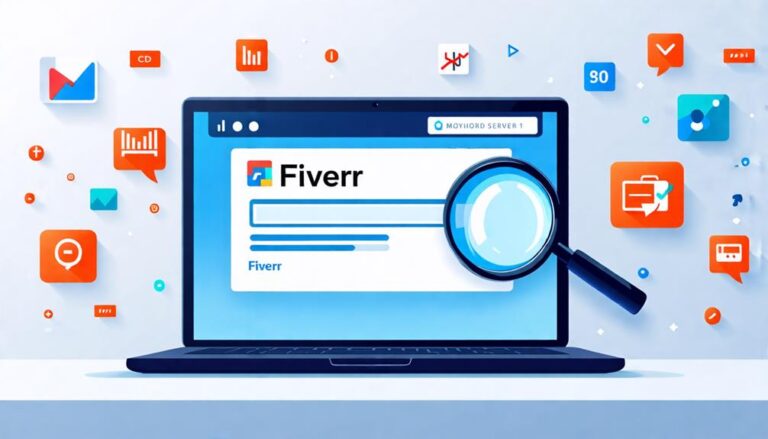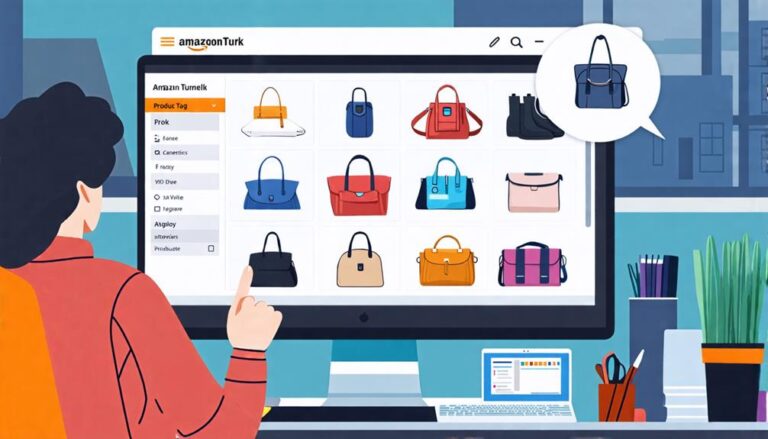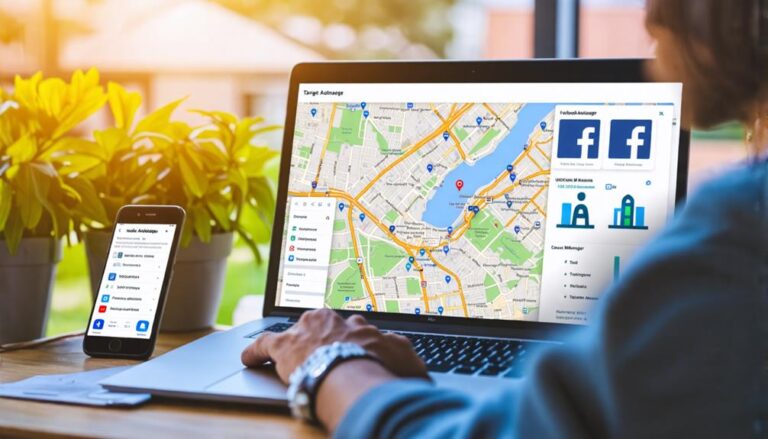To turn your bike into a steady revenue stream through bike sharing apps, follow these steps:
First, evaluate the demand for bike rentals in your area and research bike sharing apps that operate locally. Review the terms and conditions, commission rates, and insurance options offered by each app to determine which ones best suit your needs.
Next, assess your bike's suitability for rental purposes. Consider its condition, age, and type, as well as any necessary maintenance or repairs. You may need to invest in accessories like locks, helmets, or baskets to increase your bike's appeal to potential renters.
Once you've selected an app and prepared your bike, create a listing that accurately describes your bike's features and condition. Include high-quality photos and set a competitive pricing rate based on similar bikes in your area.
To avoid common pitfalls, establish clear guidelines for renters, including expectations for bike handling and return policies. Regularly inspect your bike for damage and report any issues to the app or renter promptly.
By following these steps, you can successfully rent out your bike through bike sharing apps and generate a steady side income.
Key Takeaways
- Renting out your bike with bike sharing apps can generate a side income, offsetting maintenance costs and promoting sustainable transportation.
- Choosing the right bike sharing app is crucial, considering key features, commission and fees, security, and real-time calendar management.
- Preparing your bike for rental involves conducting thorough inspections, ensuring safety features, and meeting platform rental guidelines to maximize earnings.
- Setting a competitive rental price requires researching local market rates, analyzing bike rental listings, and weighing pricing strategy options, including dynamic pricing models.
Benefits of Bike Sharing Apps
Renting out your bike on a bike-sharing app can generate a decent side income, offsetting maintenance costs and turning a seldom-used two-wheeler into a money-maker.
By providing an alternative to cars, you'll reduce the environmental impact of transportation in your community. You'll also encourage others to enjoy the outdoors, positively impacting mental and physical health.
Participating in the bike-sharing economy fosters community engagement by connecting you with like-minded individuals in your neighborhood.
Many apps offer features to share tips and recommendations for local bike trails and attractions with renters, building a sense of community and cooperation.
Renting out your bike contributes to a more sustainable transportation system and a more fulfilling lifestyle while benefitting your wallet and the environment.
Choosing the Right Bike Sharing App
Now that you've decided to rent out your bike, it's time to choose the right bike sharing app for your needs.
You'll want to contemplate key app features, such as user interface, bike tracking, and rental management, as well as the commission and fees charged by the app.
Key App Features
Key features to focus on when selecting a peer-to-peer rental app for your side hustle include those that simplify the rental process, offer sufficient insurance coverage, and provide clear payment terms.
A seamless user experience is vital for both you and potential customers. Opt for an app with an intuitive interface and straightforward navigation, ensuring you can efficiently manage rentals and customers can easily book and access your items.
Three essential features to consider when choosing a peer-to-peer rental app are:
- App Security: Ensures your personal data and payment information are securely stored and processed.
- Real-time Calendar Management: Enables you to manage your rental schedule and adjust availability as needed.
- Notification System: Automatically updates customers on their booking status and keeps you informed about new rentals, customer inquiries, and item schedules.
Commission and Fees
Commission and Fees for Bike Rentals
Bike sharing apps typically charge a commission on each rental transaction. To maximize earnings, it's essential to understand the fee structures and calculate potential earnings from bike rentals before choosing an app. The commission rates vary widely between apps, ranging from 10% to 30% or more, and may be charged as a flat rate per rental or a percentage of the rental income.
When evaluating fee structures, consider the services provided by the app, such as customer support, insurance, and bike maintenance. A higher commission rate may offer more extensive services, saving time and money in the long run. Conversely, a lower commission rate might require handling more logistics personally.
Carefully reviewing the terms and conditions of each app ensures understanding of their fee structures and commission rates, enabling the selection of an app that aligns with needs and maximizes earnings.
Preparing Your Bike for Rental
To maximize your earnings on a bike sharing app, ensure your bike meets the platform's rental guidelines. Conduct a thorough inspection to identify necessary repairs, cleaning, or upgrades before listing.
Focus on three key areas:
- Tires and brakes: Properly inflated tires and functioning brakes are essential. Replace worn-out tires or brake pads to ensure safety and performance.
- Gears and chain: Lubricate the chain and check gears for smooth shifting. If unsure, consider hiring a professional mechanic.
- Lights and reflectors: Equip your bike with working lights and reflectors to increase visibility and safety, particularly for evening or nighttime rentals.
Setting a Competitive Rental Price
Now that your bike is ready for rental, you'll want to set a competitive price that attracts renters while maximizing your earnings.
To do this, you'll need to research local market rates to understand what renters are willing to pay for a bike like yours.
As you set your price, you'll also want to weigh your pricing strategy options and whether dynamic pricing models, which adjust based on demand, might work for you.
Researching Local Market Rates
Researching local market rates is essential to set a competitive price for your bike rental business. This involves understanding local bike trends, rental demand, and analyzing competitors' pricing strategies.
Follow these steps to research local market rates:
- Analyze Bike Rental Listings: Examine listings on bike rental platforms, local classifieds, and community boards to determine average rental prices for similar bikes.
- Visit Local Bike Shops: Stop by local bike shops and rental stores to inquire about their pricing, types of bikes in demand, and peak rental periods.
- Join Local Bike Groups: Participate in online forums, social media groups, and cycling clubs to gather information on bike rental prices, demand, and market trends.
Pricing Strategy Options
When developing a pricing strategy for your bike rental side hustle, consider the balance between revenue goals and the prices renters are willing to pay.
Evaluate pricing psychology to determine a price that makes renters perceive your bike as a good value while generating a decent profit.
Offering tiered pricing, with higher prices for peak hours or longer rentals, can create a competitive pricing strategy.
You can also incentivize renters with discounts for longer bookings or bundled packages.
Highlighting your bike's unique features or value-added services can further increase its appeal.
Include features such as lights, locks, or storage in your bike's description to differentiate it from the competition.
Dynamic Pricing Models
Dynamic pricing models can be a game-changer for your bike rental side hustle. By adjusting your rental price in real-time to reflect changes in demand, you can maximize your earnings and stay ahead of the competition.
These models take into account various factors such as time of day, day of the week, seasonality, and market fluctuations to determine the optimal price for your bike rental. This approach ensures you're always getting the best possible rate, whether it's surging prices during peak commute hours or dropping them during slow periods.
Three key benefits of using dynamic pricing models for your bike rental side hustle are:
- Increased revenue: Adjusting your prices to match demand can lead to higher earnings during peak periods.
- Improved competitiveness: Dynamic pricing helps you stay competitive in the market, ensuring you're always offering a competitive rate that attracts riders.
- Better utilization: By adjusting prices to match demand, you can incentivize riders to use your bike during off-peak periods, reducing downtime and increasing overall utilization.
Creating an Attractive Listing
Crafting a detailed and compelling listing is vital in separating your bike from the competition and attracting potential renters on a sharing app.
Take high-quality listing photos showcasing your bike from multiple angles, highlighting notable features like a comfortable saddle or reliable brakes.
Write a compelling description that highlights your bike's unique selling points, including its make, model, and any upgrades or customizations.
Be honest about your bike's condition, mentioning any quirks or flaws to build trust with potential renters.
Include essential details like the bike's size, gear type, and recommended riding style.
Combining great photos with a detailed and honest description creates an attractive listing that'll entice renters to choose your bike.
This attention to detail pays off in the long run, securing more bookings and building a loyal following.
Managing Bookings and Communication
Managing bookings and communication effectively is crucial when your bike rental listing starts generating interest. Stay on top of incoming bookings and messages, responding promptly to inquiries and requests from potential renters. Responding to messages quickly, usually within an hour or two, helps secure bookings and maintain a high response rate on the app.
Three key communication tips to consider:
- Clear booking confirmation: Send a confirmation message with all booking details, including pickup and drop-off times, location, and specific instructions.
- Be proactive with questions: Ask renters about their height, riding experience, and preferred bike settings to ensure a comfortable ride.
- Encourage customer feedback: Send a follow-up message after the rental period to thank them for choosing your bike and ask for feedback on their experience.
Bike Maintenance and Safety Tips
Regular bike maintenance and safety checks are crucial to providing a reliable and secure vehicle for renters. Conduct thorough inspections before each rental to identify potential issues with the tire pressure, brakes, gears, and chain. Ensure all bolts and screws are tightened securely. Invest in professional tune-ups every few months to maintain optimal bike performance.
Providing basic safety gear, including helmets and reflectors, is also essential. Helmets should fit properly and be in good condition. Additional safety features, such as lights, locks, and a first-aid kit, can further enhance the rental experience.
Keeping the bike in top condition and providing necessary safety equipment reduces the risk of accidents and increases the likelihood of positive reviews from renters.
Maximizing Your Rental Income
Maximizing Your Rental Income
To maximize your rental income, focus on setting competitive pricing, optimizing your rental property's availability, and offering exceptional customer service to attract repeat business and positive word-of-mouth.
Keep an eye on what similar properties are renting for in your area and adjust your prices accordingly. It's essential to keep your property in top condition and make sure it's available for rent during peak seasons.
- Take advantage of seasonal demand: Raise your prices during peak season (summer and holidays) and lower them during the off-season to stay competitive.
- Run targeted rental promotions: Offer discounts or free add-ons to attract new customers or encourage repeat business.
- Encourage long-term rentals: Offer discounts for quarterly or yearly leases to secure more booking revenue and reduce tenant turnover.
Conclusion
To maximize profits in the bike-sharing market, it's crucial to select a reputable platform and maintain your bike in pristine condition.
Set a competitive pricing strategy and prioritize excellent customer service to foster a loyal client base.
Regular bike maintenance and open communication with renters are key to encouraging repeat business and promoting a successful rental experience.
Establishing a long-term approach and adjusting as needed will help you navigate the bike-sharing landscape.

















































0
View comments